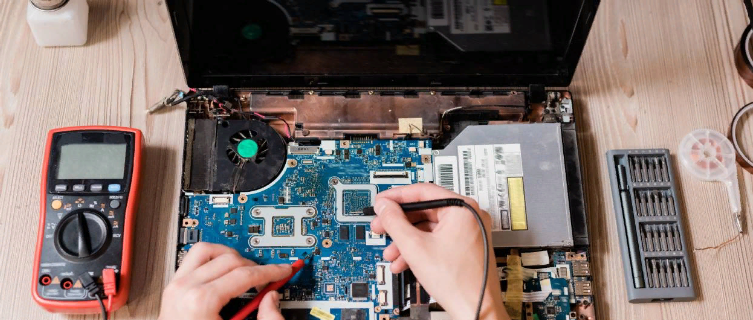
What is Indexing?
At the end of 2022, there were about 1.97 billion websites on the Internet. Approximately 400 million of them were active. Thousands of new pages are created every day. In order for users to find exactly what they are interested in in such a volume of data, search engines, such as Google, structure information and place it in their catalogs.
Site indexing is the preservation and analysis of all the content available on the page, including images, texts, keywords, links, videos, in the index of the search engine, that is, in the search engine database. Only after that, the sites can get into the search results. Without indexing, they cannot be found through search, although they can be seen in search ads.
Who Needs Site Indexing in Google?
Absolutely any business needs to index a website in this search engine. Sites are created to attract traffic, and without indexing it will not work.
Indexing Algorithms
Indexing is performed by search robots that automatically check for content updates.
For example, robots visit popular news portals, where content is updated constantly and at short intervals, up to several times a day. On less well-known and less frequently updated sites, indexing can be carried out 1-2 times a week.
In practice, in recent years, Google has not been as willing to index all pages in a row as before. It scans billions of URLs every day and may not have time to notice new addresses that don’t even have links from other resources. If the search robot finds the document or the entire site to be of poor quality, it will not add it to the index and may no longer visit it.
Also, with a branched structure, some nested pages may remain unindexed, since the bot will check the upper levels and leave the site.
How to Improve Site Indexing in Google: Step-by-step Instructions
To motivate Googlebot to visit the site and make it do it regularly, you need to do the following:
- Inform the search engine about the existence of the site;
- Regularly monitor and eliminate technical errors, due to which Google will consider the resource to be of poor quality;
- Fill the project with useful, expert, authoritative content to attract users and show the high quality of the site to the search engine;
- Conduct link building by getting external links from trust resources;
- Check indexing using the optimizer tools.
To sum it up, search engines are getting faster and smarter. Pinging your site, using the Google search console, creating links from other sites, smart linking — all this can be useful. But if you don’t have a site map, it will be very difficult for search robots to find your site. The only way to speed up the search ranking of your content is to make your site quickly indexed in Google. If you need any help with improving site indexing in Google, contact us. Our Specialists will help you and can answer any questions.



